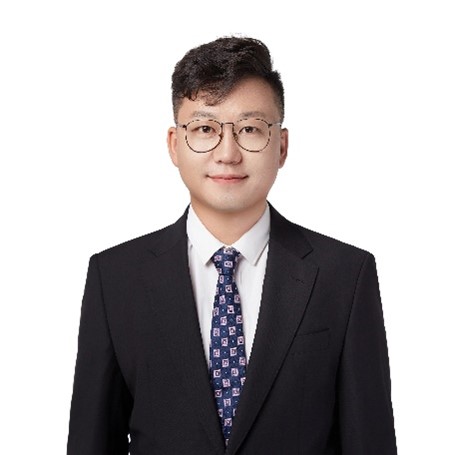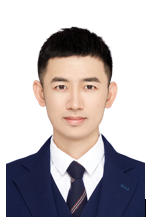SPECIAL SESSIONS
Home / Special Sessions
Special Session 1
Advanced Grid-Forming Control for Renewable Energy Systems
Organizers:
Jiebei Zhu, Tianjin University, China
Lujie Yu, Tianjin University, China
Brief Description:
This special session delves into the forefront of grid-forming control technologies to integrate renewable energy sources effectively into modern power grids. As renewable energy penetration increases globally, the demand for grid stability and resilience grows. traditional grid-following controls, which rely on strong grids for synchronization, face stability issues in low-inertia and weak-grid scenarios. Grid-forming control is an advanced technology that represents a paradigm shift in addressing the challenges of integrating renewable energy sources into modern power grids, enabling renewable energy generators to actively stabilize voltage and frequency in a manner similar to that of traditional synchronous generators. Key topics include: 1) Control Strategies: Exploring grid-forming control methods such as droop control, virtual synchronous machine, and inertial synchronization for dynamic grid support. 2) Stability Enhancement: Addressing small-signal stability, frequency response, and transient behavior in high-renewable grids.3) Applications in Weak Grids: Leveraging grid-forming control to enhance the operability of renewables in low-inertia, weak grid environments.4) Case Studies: Real-world implementations, including black-start capabilities and autonomous grid operation.
This special session aims to integrate theoretical research with real-world implementations, driving advancements in renewable energy technology to foster a sustainable and resilient energy future. This platform will be a convergence of experts, offering solutions to modern grid challenges while paving the way for innovative practices in renewable energy integration.
Keywords: Grid-forming Control, Transient Response, Renewable Energy
Submission Portal: https://easychair.org/my/conference?conf=peet2026
About the Organizers:

Jiebei Zhu (Senior Member, IEEE) received the Ph.D. degree in electronic and electrical engineering from the University of Strathclyde, Glasgow, U.K., in 2013. From 2013 to 2018, he acted as a Senior Power System Engineer and an Innovation Project Manager with the U.K. National Grid Plc., London, U.K., where he was involved with the modeling, development, and real-time operation of the GB transmission system. Since 2018, he has been a Professor with the School of Electrical and Information Engineering, Tianjin University, Tianjin, China. His research interests include novel control and operation of AC/DC transmission systems and renewable energy systems. He is a Fellow and a Chartered Engineer of IET and an Outstanding Young Engineer of the IEEE Power and Energy Society, China. He has published many international journals and been acting as associate editors for IEEE Transactions on Power Systems, IEEE Power Engineering, IET Energy Systems Integration.

Lujie Yu is currently an Associate Professor in the School of Electrical and Information Engineering at Tianjin University, China. He obtained his Ph.D. in Electronic and Electrical Engineering from the University of Strathclyde in June 2019. Dr. Yu has an extensive research portfolio, encompassing over 60 publications in high-impact journals and conferences. His work has been recognized as a featured article in the IET Smart Grid journal and has received several accolades, including Best Paper awards at the 2024 3rd Asian Conference on Frontiers of Power and Energy (ACFPE 2024), the 2023 26th International Conference on Electrical Machines and Systems (ICEMS 2023), and the 12th IET International Conference on Advances in Power System Control, Operation and Management (APSCOM 2022). Dr. Yu has successfully secured and managed several research grants, including projects funded by the National Natural Science Foundation of China and the Guangdong Province Research-Enterprise Joint Foundation. He is an active member of both the IEEE and IET. His research interests and expertise focus on the integration of renewable energy systems, the control and operation of High Voltage Direct Current (HVDC) systems, and the stability of power systems dominated by power electronics.